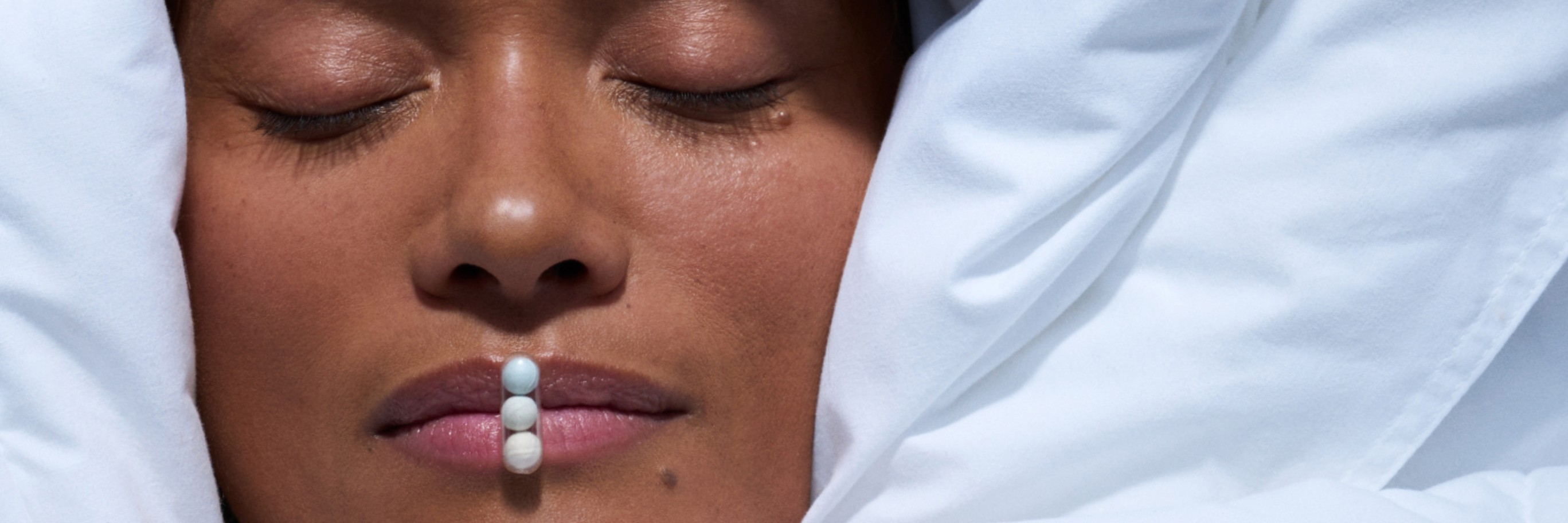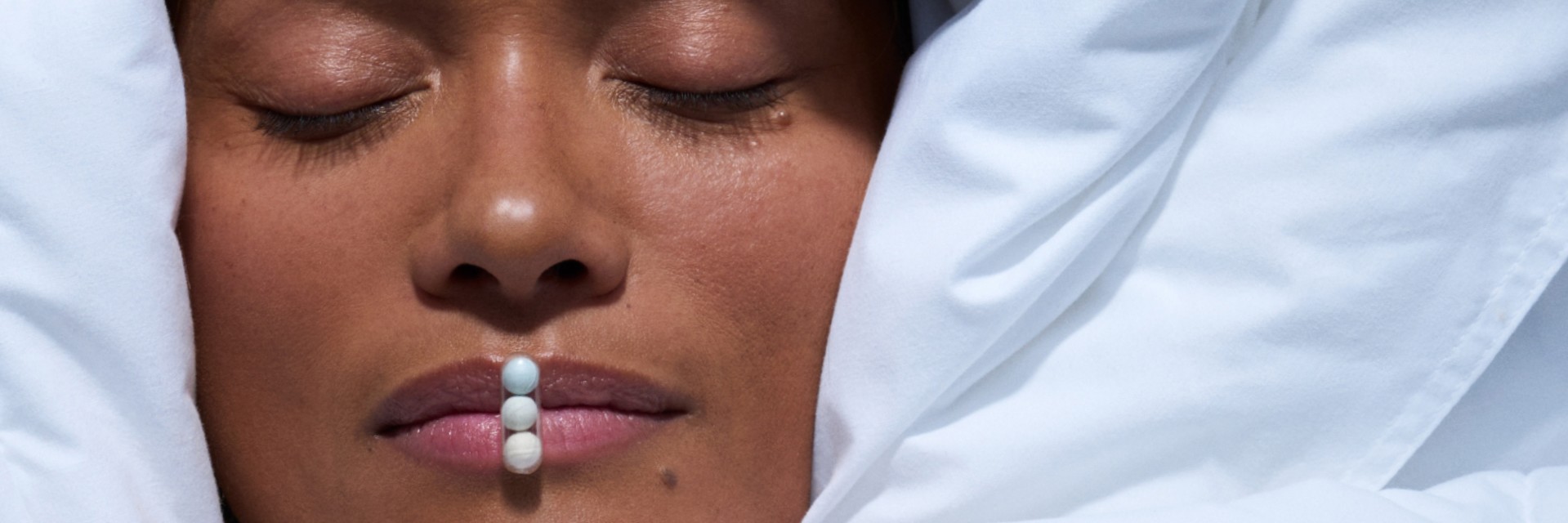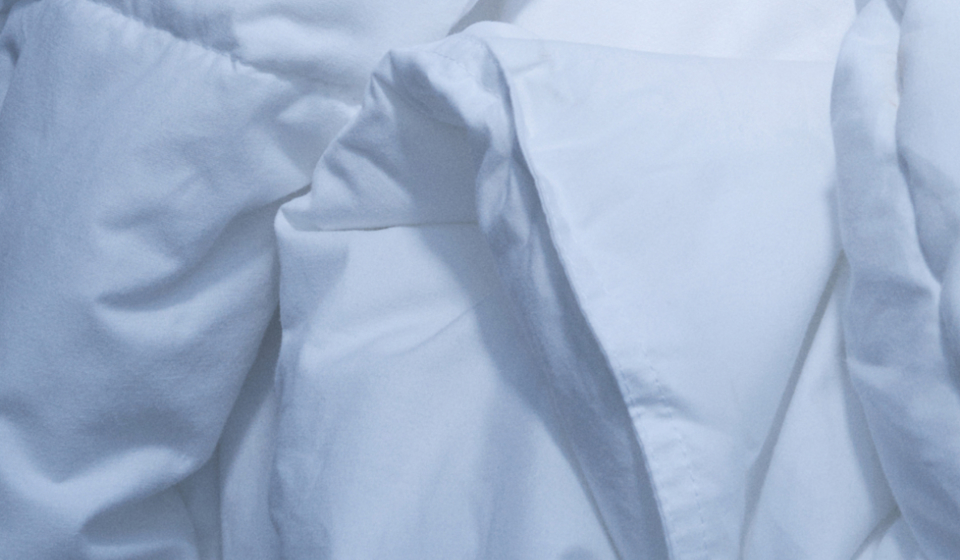Essential Takeaways
• The pursuit of well-being is at its peak and getting a good night’s sleep is top priority—enter the realm of sleep hygiene.
• Sleep hygiene is defined as a set of behavioral and environmental recommendations to promote and encourage a restful night’s sleep.
• The four pillars of sleep hygiene (Depth, Duration, Continuity and Regularity) harmoniously synced together are what make a restful slumber.
In a world where productivity is often prioritized over rest, the significance of a good night's sleep cannot be overstated. Sleep is not merely a passive state of inactivity or a lazy person’s favorite activity; rather, it is a crucial and purposeful time when the body undergoes vital processes for physical and mental wellbeing. Enter the realm of sleep hygiene (aka good sleep habits) — a set of practices and rituals that encourage a restful slumber. Sleep hygiene seems to be the secret to unlocking the full potential of this beloved nightly Ritual and in turn promoting overall health.
What Is Sleep Hygiene?
The definition of sleep hygiene may be subjective at best, meaning it is how each person defines it in the context of their sleep goals. Some experts might define sleep hygiene as a set of behavioral and environmental recommendations intended to promote healthy sleep. The goal or intention is to develop and utilize tools, resources, habits and behaviors that encourage sleep as a vital life force and ultimately a pillar of health. (1)
The importance of sleep hygiene is in its ability to be the foundation for a restorative and rejuvenating night's sleep. Having a quality sleep routine is integral to physical health because it can influence our body's systems and factors. Having well rounded sleep hygiene is beneficial for cognitive health, memory creation and retention, and learning. Beyond the physiological benefits, practicing good sleep hygiene contributes to emotional resilience because it helps regulate mood and stress levels. The conscious decision to prioritize sleep and sleep hygiene is key to our overall health, creating a harmonious balance between the body and mind.
The 4 Pillars of a Good Night’s Sleep
The foundation of sleep hygiene rests (see what we did there?) upon four pillars — Depth, Duration, Continuity and Regularity. According to Dr. Matthew Walker, PhD, a Professor of Neuroscience and Psychology at the University of California, Berkeley, and Founder and Director of the Center for Human Sleep Science, each of these pillars play an essential role in ensuring a restorative and rejuvenating night’s sleep, and the development of good sleep hygiene.
As we’re all navigating the landscape of wellness, falling asleep and staying asleep can almost seem like a delicate dance too intricate to learn. These 4 pillars act as the centerpiece of sleep. In the symphony of our well-being, each pillar harmonizes to compose a restful melody, putting together the pieces of a rejuvenating night’s sleep.
1. Depth: Depth refers to the quality of sleep, meaning how well we progress through the various sleep cycles and stages (non-REM to REM). When we prioritize depth and quality, it ensures that the body is maximizing all the benefits of each sleep stage. This results in improved cognitive function, memory creation, stronger immunity and physical restoration.
2. Duration: Duration focuses on the total amount of sleep in a single night. On average, aiming for the recommended seven to nine hours of sleep for adults is the gold standard for optimal sleep health.
3. Continuity: Continuity refers to the consistent flow of sleep cycles throughout the night. Fragmented sleep or frequent periods of waking can disrupt the natural progression of sleep stages, preventing the body from reaping all the restorative benefits that sleep has to offer.
4. Regularity: Regularity emphasizes the importance of maintaining a consistent sleep schedule. Bedtime and wake up being as aligned as possible helps to regulate the body’s internal clock and balance the circadian rhythm. Yes, this includes weekends too because remember, our bodies cannot tell the difference between a Tuesday and a Saturday!
Acknowledging and nurturing these pillars will create the most serene sleep experience yet.










